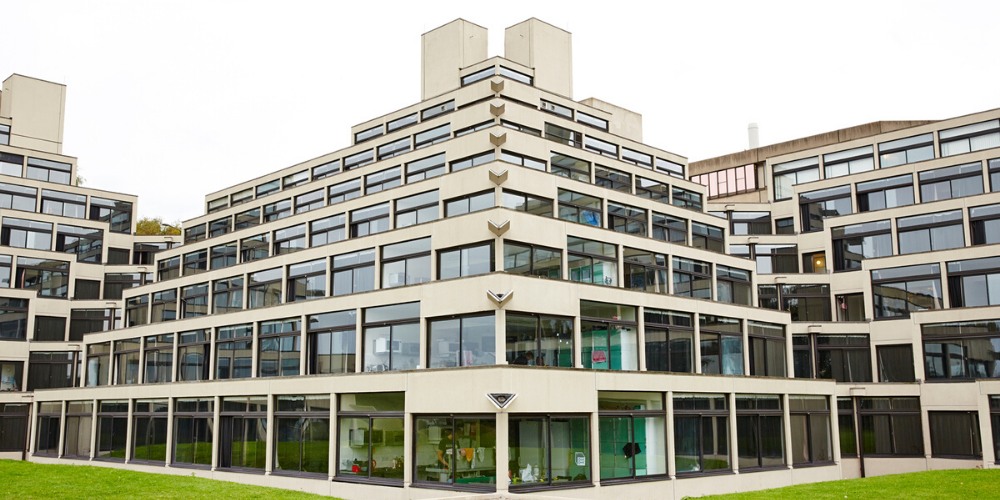Immerse yourself in the wonder of biological organisms and processes at the molecular level. Explore aspects of life from molecules to cells, from tissues to organisms. Learn from leading research scientists who are specialists in their fields of study.
Our Biochemistry degrees at UEA are taught jointly by the Schools of Biological Sciences and Chemistry, with invaluable contributions from scientists from other research institutions located nearby in the Norwich Research Park. This dual approach means that in all elements of the course you benefit from subject-specific experts who inform our teaching. On the Masters in Biochemistry course, you’ll follow the same programme as our BSc students, but you’ll complete a further year of advanced, Masters-level study.
During your time at UEA, you’ll have the chance to study a range of fascinating subjects, progressing from the basics of biochemistry to higher-level research areas such as protein engineering and cancer biology. You’ll not only learn how to perform ground-breaking and highly specialised research, but also how to interpret and communicate these findings to the wider scientific community.
As a Biochemistry student you’ll benefit directly from our enviable position as an integral partner of the Norwich Research Park (NRP), which houses the Norfolk and Norwich University Hospital, as well as leading research institutes such as the John Innes Centre, an international centre of excellence in plant science, genetics and microbiology, the Sainsbury Laboratory for research into plant disease resistance, the Earlham Institute for genomics, bioinformatics and molecular biology research, and the Quadram Institute, where research focuses on human health, food and disease. The Norwich Research Park is one of the largest single-site concentrations of food, genomics and health scientists in Europe. Importantly, as a Biochemistry MSci student you’ll have the opportunity to pursue both of the major research projects of your degree programme in leading laboratories at either the University of East Anglia or these Centres and Institutes across the NRP.


